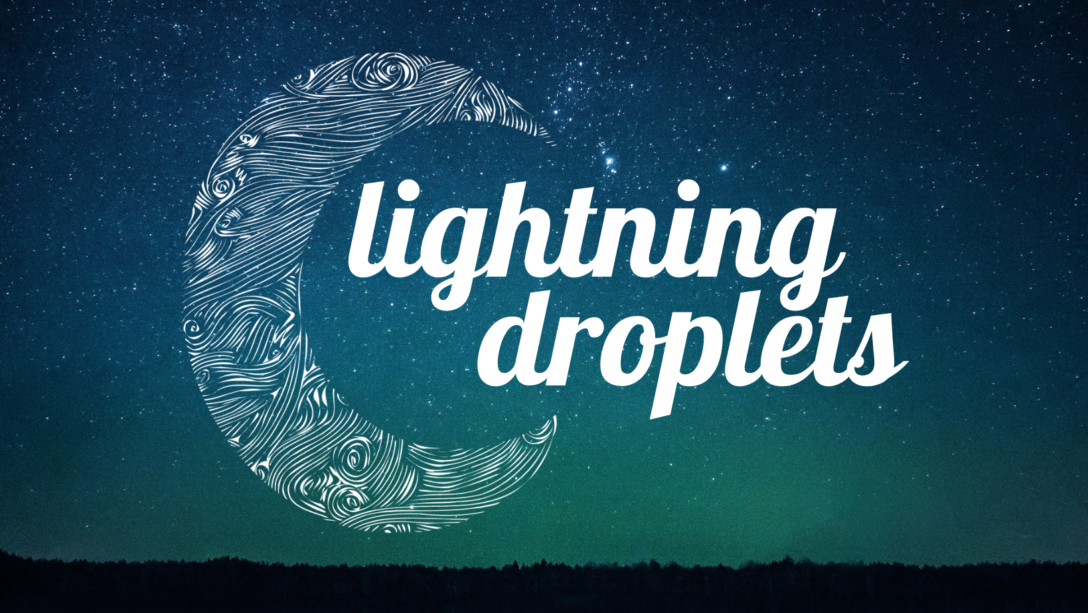I found this amazing bit of writing the other day on TheCartographe and just needed to share it with you! As a lover of place and environment and the way that spaces effect us, I adore what’s happening on this blog: “TheCartographe is about the curation of the environment: the selection of images, texts, and ideas that is the formation of a landscape. Topography is physical, but landscape is always psychic.”
This blog is not to be missed. Enjoy!
Suburban Ecology I
July 9, 2014.
Some millennia before the present, when the sea was in places it currently is not, it might have been that Anne Barton’s yard was a natural beach of smooth-hewn stones — perfect and round, themselves looking for all the world like fat droplets of water thrown up and clinging on the grassy shore. The blue velvet easy chair stood primly on the rocks, taking the sea air like one who — feinting — is afraid of the ocean. But Anne’s yard was not really a beach, of course, and the chair moreover took no solace from the pretend game of seaside release and introspection. It did not appreciate the scene before it: the crisp break of sidewalk and swell of asphalt. It was aware only of the thing it could not see — the blockish, secluded bungalow beyond the beachhead, where in the downstairs sitting room there was a precisely chair-shaped depression in a blanched shag carpet the colour of a watermelon where the meat comes to the rind.
I was in this house once, seven or eight years ago, when for one or another reason I was collecting a size-adjustable mannequin from the Vietnam-era parlor upstairs, located at one end of a hallway encased exclusively by mirrors which, when shoved with some force, would open to reveal narrow closets stuffed with outerwear, shoes, and unlabelled boxes. The front door, up a half-flight of steps from the lawn and partly concealed by an globular rhododendron, opened onto this hallway, and pointed inside toward the kitchen at the house’s rear. There, I remember, Ms. Barton, an elderly woman who — to me — has never visibly aged, remained sitting at a card table while she asked me, standing against the entrance to the hall, if I would consider volunteering for her Sunday School. I can’t recall answering the question. Instead, I remember leafing through the records — none of which I recognized — contained in a cardboard box which sat on a brass-framed, stackable chair in the parlor, across the way from the kitchen. I waited until Anne’s granddaughter, my associate, reappeared with a small plastic container filled with a multitude of compartments for pins, all heads different colours, and we departed with the rattling mannequin in parts under our free arms.
At that time, Anne’s garden was not half-covered in rocks. In fact, it was a serene, if somewhat weedy glade, set apart from the street by the low boughs of a blue-needled pine tree which I did not recognize and now assume was originally decorative. I lived — still live — in the house beside Anne’s; somewhat newer, somewhat more modish, my father would exasperatedly but quietly rake pinecones and long, browned needles off our lawn from September to Christmas. At that time, Anne’s glade had real seating: a chipped, white wooden loveseat over-thrown by a modified trellis, and an elaborate swing — also wood — which reminded me always of my brother’s books on medieval implements of war.
It was one summer when I returned from university that the pine tree had been felled — its little ecosystem of sputtering grass and shed needles replaced by a neatly edged bed of lava rock. Two ceramic pots had been placed off-centre on the wide stump, and in them the plastic-coated cardboard tags that identify greenhouse plants sprouted up like tombstones behind small, flowering stalks. It was just last summer when the first five metres of Anne’s lawn had been dug up and replaced with the round stones. At the same time, things began appearing on her driveway. First the loveseat and swing, which soon disappeared, and then boxes of clothes, which would likewise appear in the morning and have vanished upon my return home in the afternoon. Then, a tarpaulin tent appeared over a metal pole frame in the middle of the driveway, and a 1995 red Ford mustang would regularly pull in and out of it, as if on the tide. This largely concealed the garage door, which remained closed during all this time. I did not see Anne, though my father told me she continued to live there, and the cars that came and went (I noticed only the red convertible) were the vehicles of family and friends — or of the tenants downstairs who had moved in to the bungalow’s expansive basement.
The chair knew very little of this, being limited to the influence of the downstairs tenants and its sidelong views of sporadic children’s play in the tenants’ backyard daycare, a business Anne surely appreciated because of her attachment to children and their ideal upbringing. When it was removed, I think, its first logical concern must have been the expected weather, and secondly the simple sign hung across its back — “FREE” — which would surely give anyone’s self-esteem a miserable pummeling. It was, I doubt, hardly troubled by the premise that in millennia to come, it could be considered a distracting embellishment on the ecology of the house — a throwaway decoration not unlike the faking of a shoreline in a time of changing seas.
-tC



